Purgatorio, Canto 15
OVERVIEW
Jason Houston is the director of the Gonzaga in Florence Program for Gonzaga University.
Questions for Reflection
- In Purgatorio we begin seeing what Giuseppe Mazzotta calls Dante’s “ludic theology”: his theology of play. How does Dante depict the sun as a child at play? What does this tell us about Dante’s picture of the natural world?
- How does Virgil describe the economy of heaven in terms of envy and charity (15.49-57)? How does this way of characterizing heavenly community a reflection of the Goodness of God (15.61-75)?
- How can the Good increase the more that it is shared (15.61-82)? Is goodness something that can be diminished by being shared? If not, how is envy a contradiction of divine goodness and charity? What are the political and economic consequences of Dante’s metaphysical claim about divine goodness?
- This canto includes both the terrace of envy and that of wrath. Why might Dante position these two vices in the same canto?
- What ecstatic visions does Dante have that reveal the character of the virtue of meekness? Why does Dante lead with images of the exemplar virtue rather than with images of the vice being punished?
- How are Dante’s images of meekness “non-false errors” (15.117)? How can something be both an error and not false? Is there something about the nature of the Comedy itself that is captured in this line?
DETAILS
- Dr. Jason Houston
- Gonzaga in Florence
- Run Time 7:56








